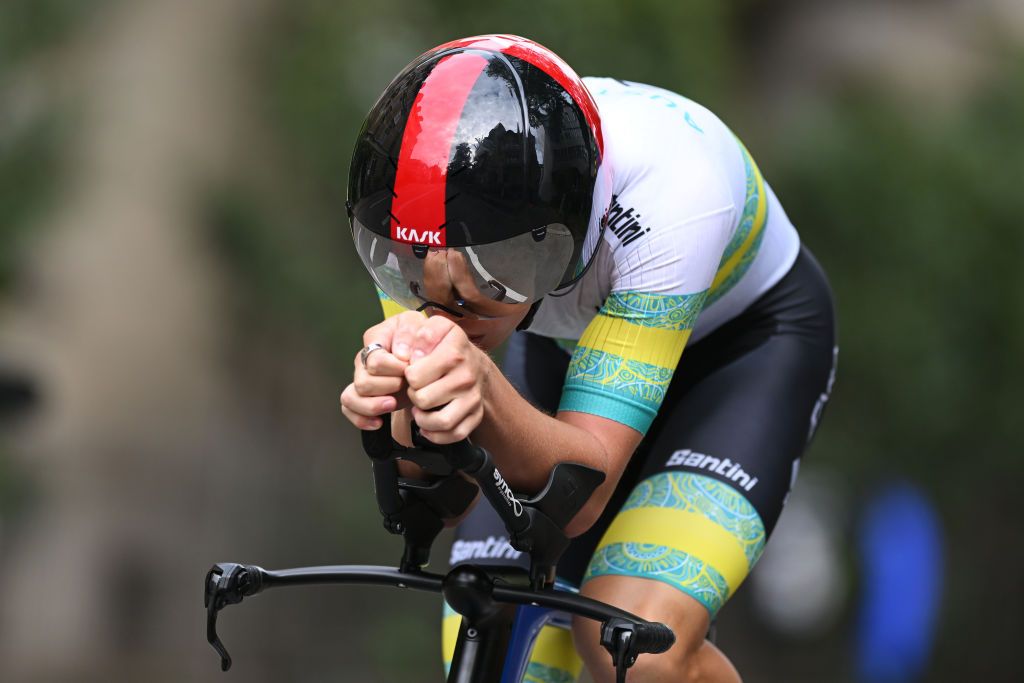Sports
6 sports-betting execs break down the biggest challenges facing the industry and how they’re trying to solve them
Legal sports betting is becoming more mainstream in the US, and regulators and leagues are starting to scrutinize it more closely.
Several high-profile betting scandals have surfaced in professional sports lately, for example. Just this month, San Diego Padres player Tucupita Marcano was barred for life from Major League Baseball after betting on 25 games involving his team.
The industry’s evolution is creating new challenges in areas like player protection, responsible gaming, and product innovation.
BI spoke with six rising stars in US sports betting, including execs at top sportsbooks DraftKings and FanDuel, who broke down the key obstacles facing the industry and how they’re working to overcome them.
Some gamblers are starting to feel squeezed by sportsbooks, and the industry’s reputation is taking a hit
If you’ve bet on sports, you may have experienced the feeling that a sportsbook is trying to take advantage of you by pushing parlays or profit boosts to draw you in — and pad their own profit margins. This hyper-focus on profitability is starting to give the industry a bad rep, said Zach Doctor, the cofounder and CEO of WagerWire, a secondary market for selling bets and fantasy picks.
“They’re really trying to squeeze out as much profit and as much margin as they can, and it’s starting to feel that way,” Doctor told BI, describing what he considers one of the biggest challenges facing the industry. He added that a lot of people who play big parlays can “end up riding those to zero.”
The former PNC Bank VP thinks the industry should borrow more tools from financial markets to give players more optionality, like the ability to set limit orders. He pointed out that his company, for example, can give players a “fighting chance” by giving them a marketplace to sell their bets, like stockholders can sell shares to protect their investment if the outlook changes.
The industry needs to get better about how it talks about responsible gaming
Joe Maloney at the American Gaming Association said the industry needs to get better at how it communicates and innovates around responsible play.
He said the industry could tell a better story and improve its reputation if it invested in technology “to help bettors adopt responsibility tools, make commitments to responsible play, and then make it easy for them to get the help … if they are demonstrating that problematic behavior.”
Ashley Cahill, FanDuel’s director of responsible gaming and community, said the industry also has work to do in normalizing responsible-gaming behaviors — like thinking about gambling as part of a monthly entertainment budget — and reducing the stigma associated with using tools like deposit and time limits.
“When it comes to responsible gaming and responsible betting,” she said. “I think it really is that kind of ongoing challenge and opportunity to really normalize these behaviors in a way that hopefully 20 years from now people don’t think twice about, and it really is just a normal part of their behavior and habits.”
The complex regulatory environment can make it challenging to move quickly
But operators also face regulatory and logistical hurdles that can make it tough to move quickly in some cases.
Dave Foppert, DraftKings’ senior director of compliance and risk management, pointed to the varying regulatory rules from state to state, which differ from industries like financial services that are regulated federally.
“We have dozens of regulators and dozens of different regulations and regulatory requirements depending on the state you operate in,” he said.
Foppert said the regulatory environment requires operators to have additional governance or oversight to ensure consistency from state to state, in addition to developing a deep understanding of the jurisdiction’s regulatory requirements within each state.
Sports betting is still behind in innovation
One hope for legal sports betting in the US was that its tech focus could usher in a new wave of innovation. But so far, many sports-betting apps look the same and offer similar bets.
Christiana Yebra, the chief marketing officer at microbetting startup nVenue, said a major challenge facing the industry is developing the tech fast enough that operators can meaningfully compete on product — with sports and other offerings their rivals don’t have — the way streamers like Netflix and Max set themselves apart with content.
“How do you develop the tech fast enough to cater to the really ever-evolving fan needs that are out there?” Yebra said. “What allows nVenue to cater to our customers in a different way is that we’ll be able to rapidly add sports and offerings to these fans because what they want to bet on today is not what they’re going to bet on tomorrow.”
Another area where product innovation is lagging behind is in offering an efficient way for fans to place bet games live on TV, Mark Nerenberg, the chief operating officer for Simplebet, told BI.
“I’d say one big thing is getting fast and accurate data in real time in order to create a frictionless experience for fans that are trying to watch the game on TV or on streaming right now,” he said. “Right now, the TV or the way people are watching is a little bit behind.”


/cdn.vox-cdn.com/uploads/chorus_asset/file/24435784/tokyostrava.jpg)






